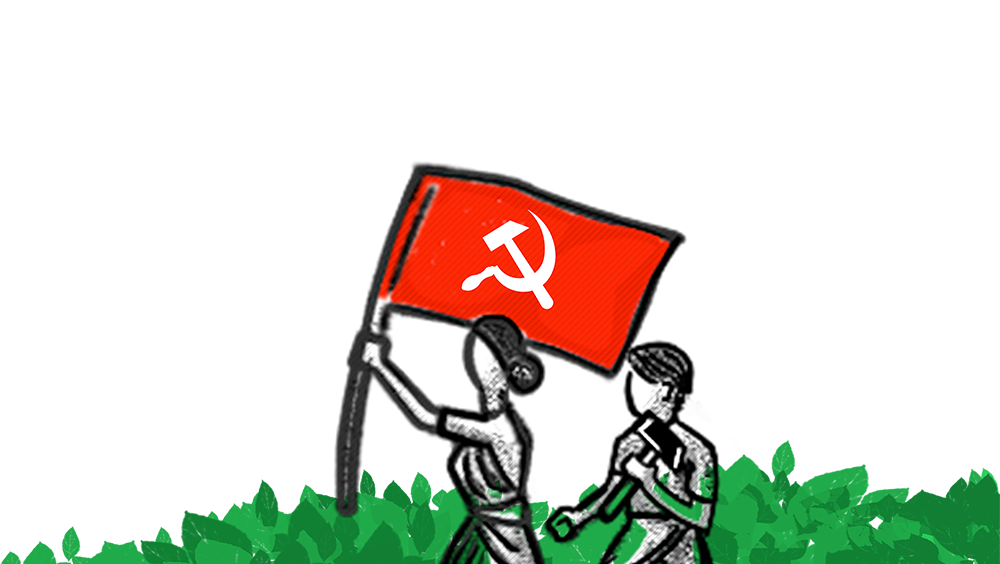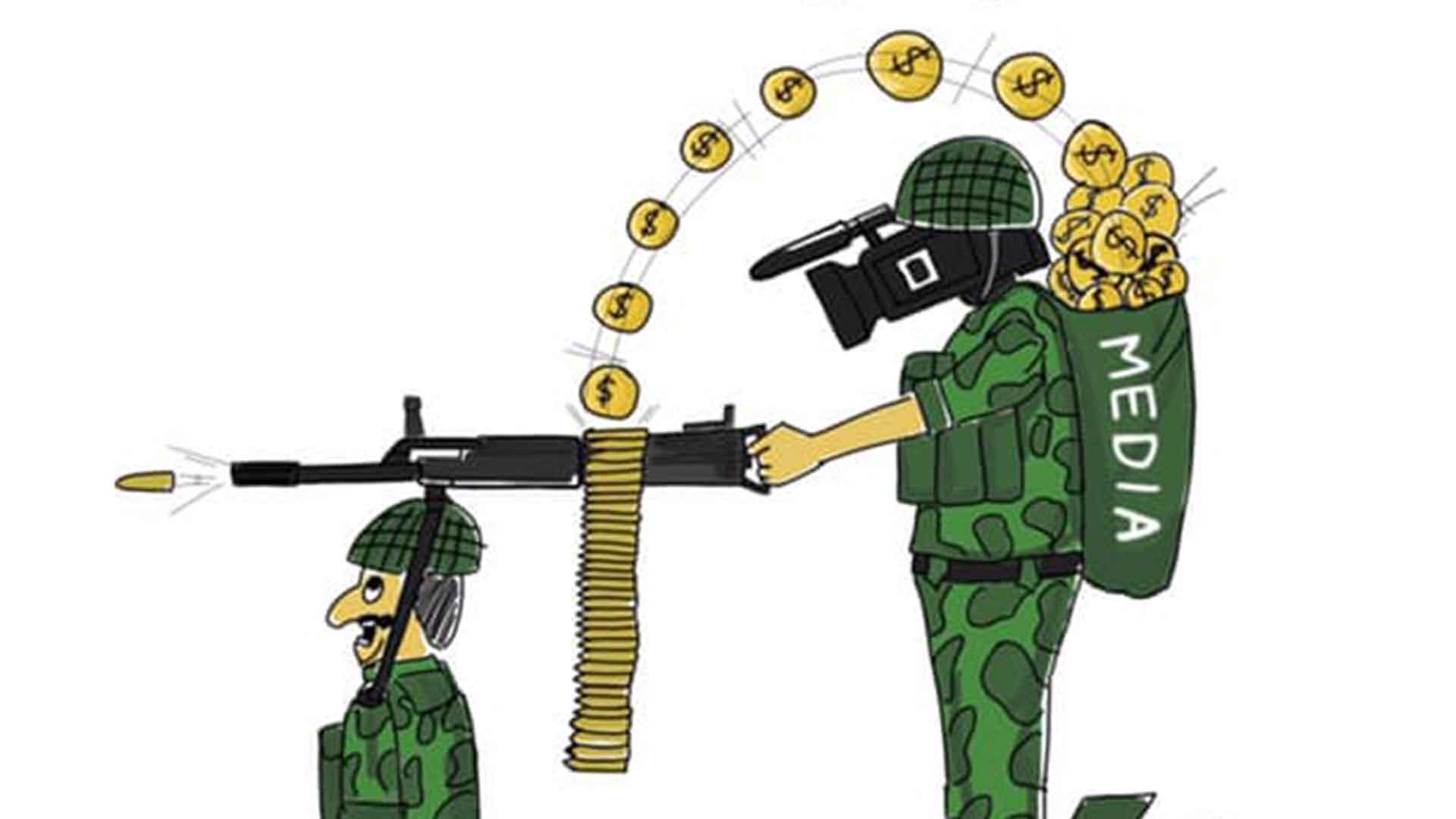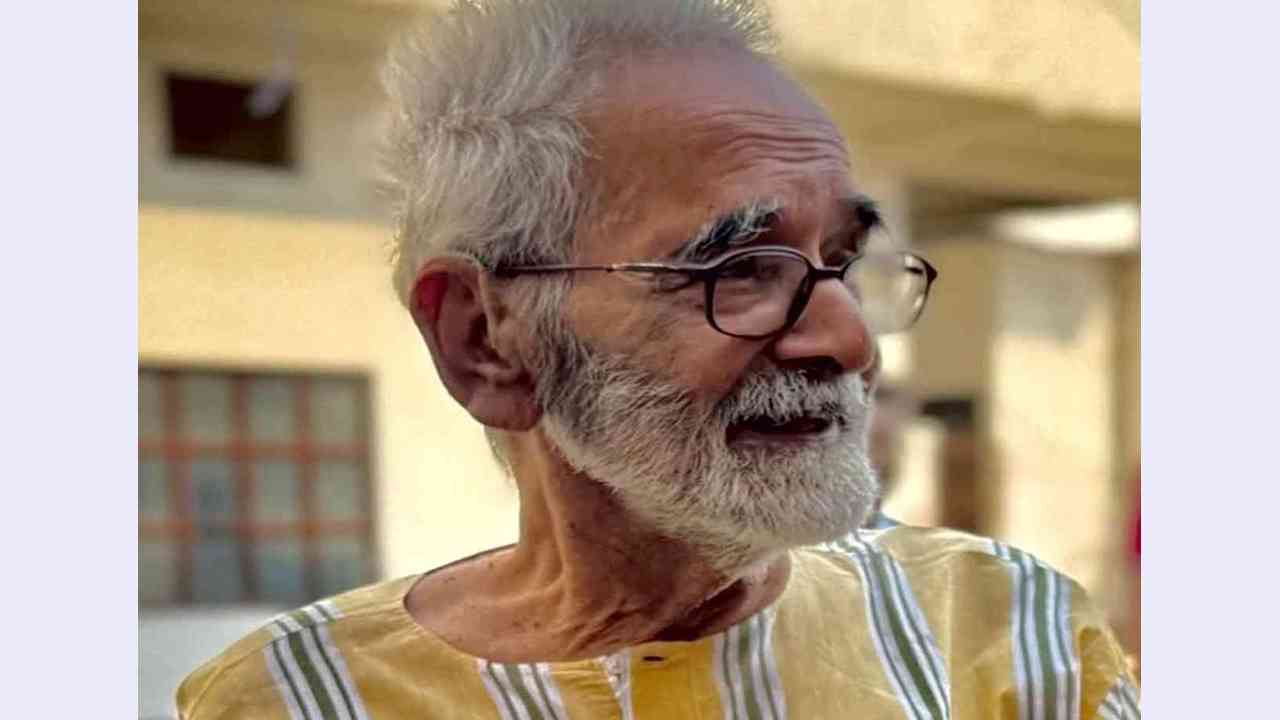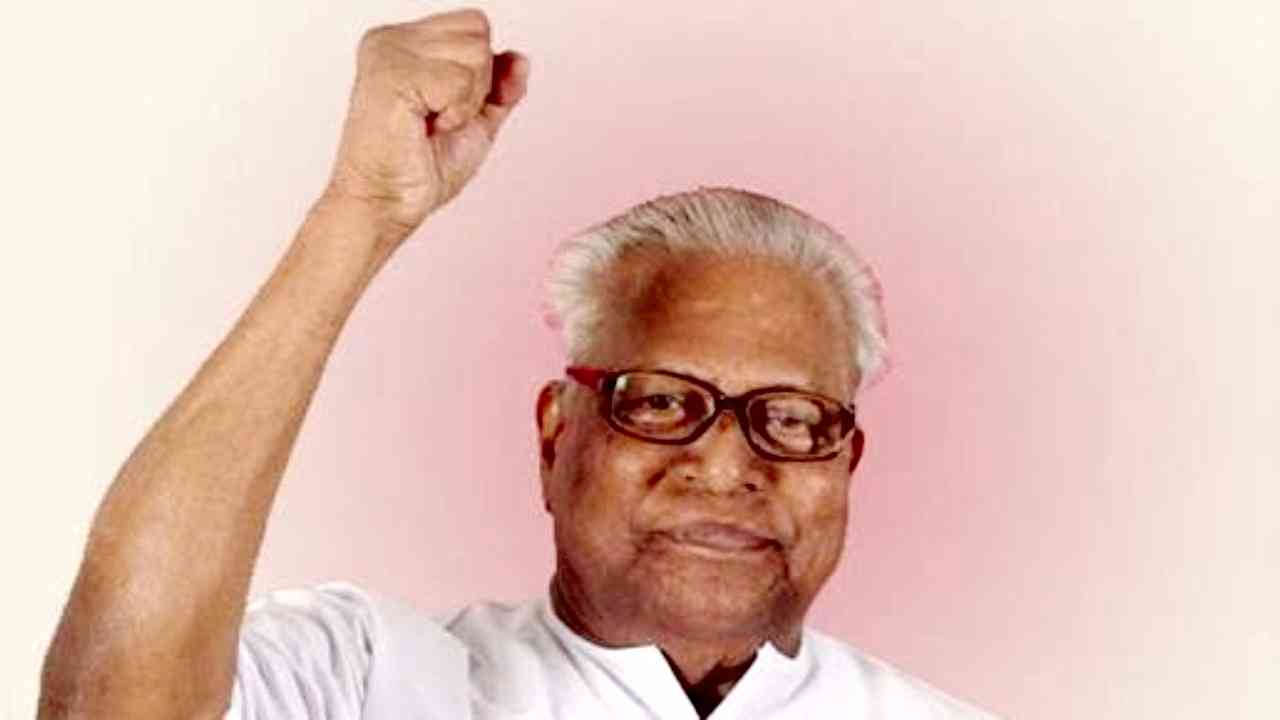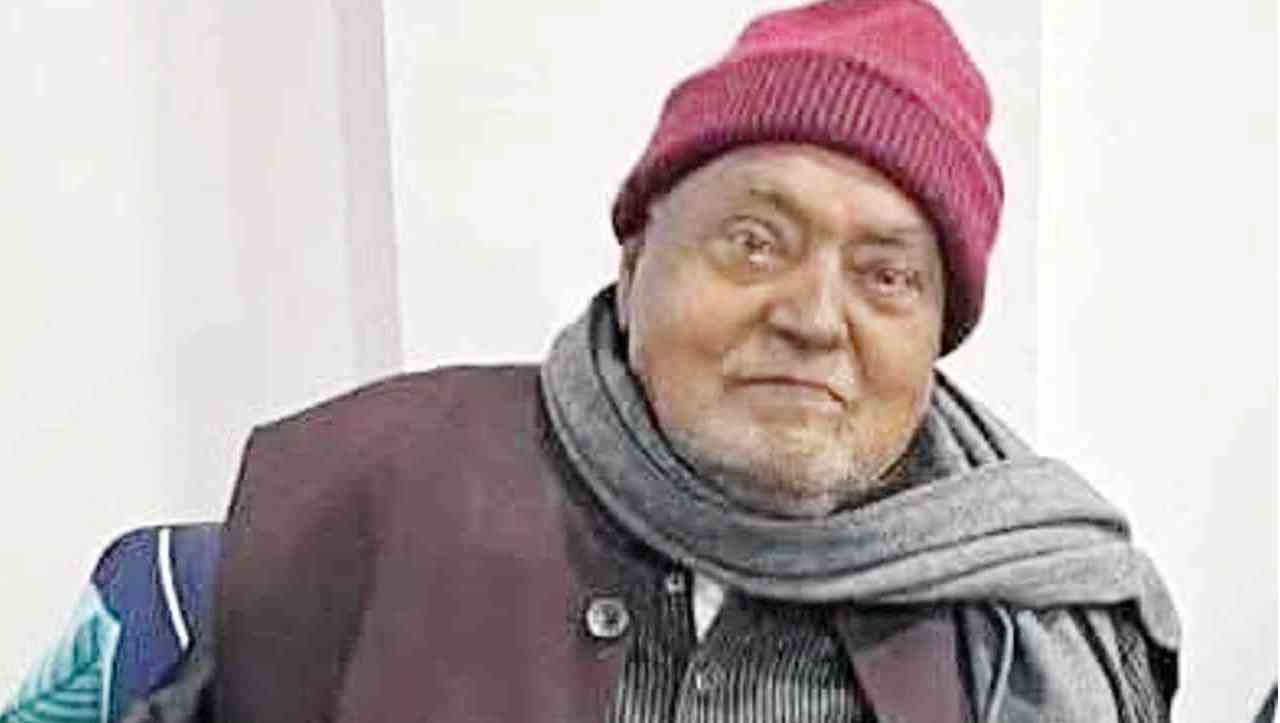War Became Entertainment
Newsrooms were saturated with visuals of war: fighter jets, bombings, and gunfire. Godi Media anchors spread fake news - claiming Karachi Port had been bombed, a Fidayeen attack had occurred in Kashmir, a Pakistani fighter jet pilot had been captured, and hundreds had died in Pakistan. They parodied Pakistani politicians, shouted “maza aa jayega” at the idea of Pakistan being razed to the ground, and called for blood—“Asif Munir ka sar kaat ke Noida ke raaston par football khelenge!” The live coverage of the three-day exchange of fire featured reporters from the LoC giving away tactical and locational details, jeopardizing the Indian Army’s operations. This prompted the Ministry of Information and Broadcasting to issue an advisory urging media outlets to refrain from revealing sensitive, source-based information that could compromise operational effectiveness and endanger lives. Channels were advised to avoid live coverage of anti-terror operations and troop movements, limiting reports to official briefings until operations concluded.
Yet the same Godi Media, claiming patriotism, risked national security and Indian lives in their pursuit of sensationalism - cheerleading the murder of innocents. BJP spokesperson Sanju Verma even congratulated Arnab Goswami live on air for his “skyrocketing TRP” during the military operation.
Crackdown on Critical Voices
While the government turned a blind eye to the recklessness of Godi Media, it swiftly cracked down on liberal and progressive voices who questioned the government and its jingoistic rhetoric. Independent journalist Rejaz Sydeek from Kerala, and a student activist affiliated with the Democratic Students’ Association, was arrested under UAPA in Nagpur after posting criticism of “Operation Sindoor” on social media. Under executive orders, X (formerly Twitter) blocked over 8,000 accounts belonging to international media and prominent users. In a statement, X said, “In most cases, the Indian government has not specified which posts from an account have violated India's local laws... we did not receive any evidence or justification to block the accounts,” adding, “Blocking entire accounts is not only unnecessary, it amounts to censorship of existing and future content.” X acknowledged the difficulty of the decision but emphasized that keeping the platform accessible is vital to Indians' ability to access information.
Online news portal The Wire was blocked for several hours after publishing a story on the Rafale jets, later restored only after the article was taken down, with officials citing “technical limitations.”
Mohammed Zubair, co-founder of AltNews, faced a torrent of abuse for fact-checking false claims the night Operation Sindoor was launched. He worked tirelessly to provide accurate information in a volatile situation and helped debunk fake narratives and old war footages circulated by Pakistan. Many lauded him as “India’s Chief of the Information War,” yet that didn’t stop trolls from doxing him and even sending pork meat to his home. He sought police protection in the aftermath.
Ali Khan Mahmudabad, an assistant professor at Ashoka University, was arrested for posting on social media: “There are those who are mindlessly advocating for a war but they have never seen one, let alone lived in or visited a conflict zone.” He further added, “I am very happy to see so many right-wing commentators applauding Colonel Sofiya Qureshi, but perhaps they could also equally loudly demand that the victims of mob lynchings, arbitrary bulldozing, and others who are victims of the BJP’s hate-mongering be protected as Indian citizens. The optics of two women soldiers presenting their findings is important, but optics must translate to reality on the ground—otherwise it’s just hypocrisy.”
Likewise, Comrade Manish, the AISA State President of Uttar Pradesh, faced an FIR for a social media post. The arrest of Prof. Mahmudabad was a clear act of Islamophobia, and the FIR against Comrade Manish shows the government is actively silencing dissent and suppressing the constitutional right to seek truth and accountability.
Declining Press Freedom and the Quest for Truth
Press freedom in India has sharply declined in recent years, marred by increasing violence, harassment, and censorship targeting journalists. Reporters are under threat from both state and non-state actors, facing legal intimidation through sedition and defamation charges, along with physical attacks. Many more—especially women—are subjected to relentless online abuse. Rising government pressure on media houses, coupled with the suppression of dissenting voices and the proliferation of misinformation, has created an environment of fear and self-censorship, putting the future of independent journalism at serious risk.
In Kashmir, a systematic clampdown on the press has taken root. Journalists are frequently detained, interrogated, and harassed under the pretext of “national security.” Independent media like The Kashmir Walla has been especially targeted, with its editor Fahad Shah booked under the UAPA. Surveillance and intimidation are routine, and press freedom in the region is virtually non-existent.
In times of war or national crisis, the role of the media becomes more crucial than ever—yet much of the Indian mainstream media has increasingly resorted to war-mongering, sensationalism, and jingoistic rhetoric instead of responsible reporting. By prioritising TRPs over truth, many channels amplify misinformation, glorify violence, and inflame public sentiment, often at the cost of national security and human lives. During the recent military operation, what the people truly needed was factual reporting, reliable ground updates, and clarity to stay informed and safe. What they received instead was noise—loud untruths, theatrics, and manufactured rage. The frenzy of flag-waving and manufactured patriotism drowned out critical voices and suppressed calls for peace and accountability.
In such volatile moments, what the country urgently needs is principled, fact-based journalism that informs the public, holds power to account, and upholds democratic values—not media that acts as a megaphone for propaganda. True journalism must serve the people, not power. It’s time for citizens to confront this dangerous degradation of public discourse and reject the weaponisation of the media. Say no to information warfare—demand truth.

